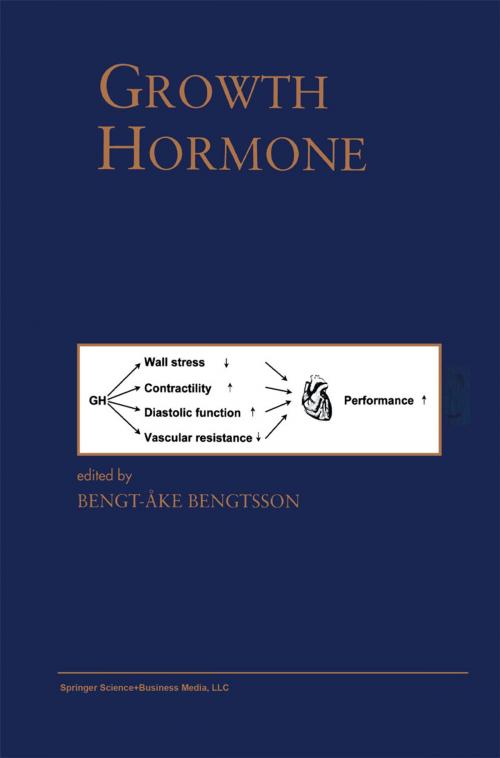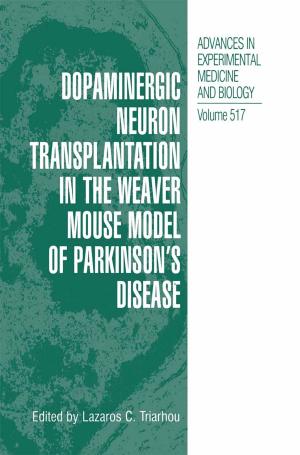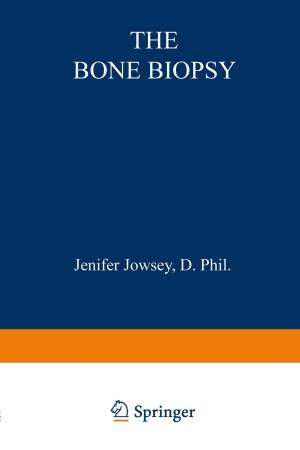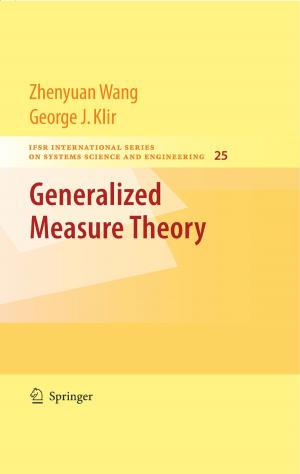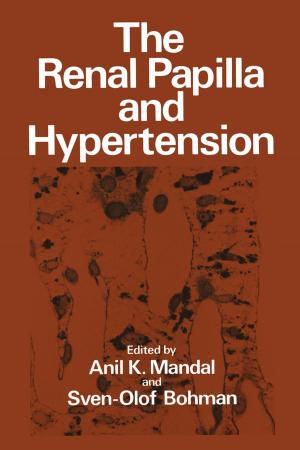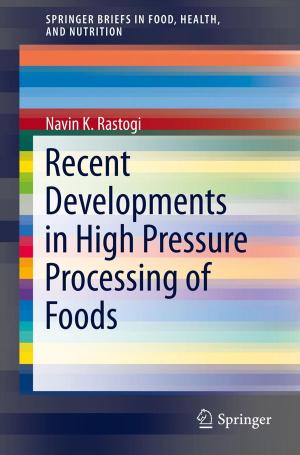Growth Hormone
Nonfiction, Health & Well Being, Medical, Specialties, Internal Medicine, Endocrinology & Metabolism, Cardiology| Author: | ISBN: | 9781461551638 | |
| Publisher: | Springer US | Publication: | December 6, 2012 |
| Imprint: | Springer | Language: | English |
| Author: | |
| ISBN: | 9781461551638 |
| Publisher: | Springer US |
| Publication: | December 6, 2012 |
| Imprint: | Springer |
| Language: | English |
Growth Hormone is a fitting addition to the Endocrine Updates Series. The aim of these publications is to provide the clinician with cutting-edge, yet succinct, access to the latest advances in endocrinology. Current interest in this rapidly evolving area of endocrinology makes this a timely and important update. Growth Hormone joins Dr. Fagin's Thyroid Cancer in continuing the standard of excellence as the fourth volume in this series of topical updates.
Shlomo Melmed, MD, Series Editor, Endocrine Updates
Ten years ago, many endocrinologists were still skeptical that growth hormone (GH) played an active role in adult metabolism. This is, perhaps, surprising given that GH deficiency (GHD) in adulthood had been `recognized' as long ago as the 1960s.
During the last ten years studies have shown that GHD in adulthood is a far-reaching syndrome associated with abnormal body composition, reduced bone mineral density with an increased fracture rate, increased cardiovascular morbidity and impaired cardiac function, as well as reduced exercise performance and decreased psychological well-being. Importantly, it is also clear, from placebo-controlled trials, that GH replacement therapy can normalize body composition, increase bone mineral content and improve the cardiovascular risk factor profile. GH replacement therapy also improves cardiac performance and exercise capacity, increases muscle strength and improves well-being and quality of life.
The aim of Growth Hormone is to provide a critical update of current knowledge about adult GHD and the future role of GH/IGF-1 in adult medicine. For this purpose, contributions from a number of research groups have been invited. It is my hope that the book may not only serve as an introduction to the field, but also stimulate further research within this exciting area.
Growth Hormone is a fitting addition to the Endocrine Updates Series. The aim of these publications is to provide the clinician with cutting-edge, yet succinct, access to the latest advances in endocrinology. Current interest in this rapidly evolving area of endocrinology makes this a timely and important update. Growth Hormone joins Dr. Fagin's Thyroid Cancer in continuing the standard of excellence as the fourth volume in this series of topical updates.
Shlomo Melmed, MD, Series Editor, Endocrine Updates
Ten years ago, many endocrinologists were still skeptical that growth hormone (GH) played an active role in adult metabolism. This is, perhaps, surprising given that GH deficiency (GHD) in adulthood had been `recognized' as long ago as the 1960s.
During the last ten years studies have shown that GHD in adulthood is a far-reaching syndrome associated with abnormal body composition, reduced bone mineral density with an increased fracture rate, increased cardiovascular morbidity and impaired cardiac function, as well as reduced exercise performance and decreased psychological well-being. Importantly, it is also clear, from placebo-controlled trials, that GH replacement therapy can normalize body composition, increase bone mineral content and improve the cardiovascular risk factor profile. GH replacement therapy also improves cardiac performance and exercise capacity, increases muscle strength and improves well-being and quality of life.
The aim of Growth Hormone is to provide a critical update of current knowledge about adult GHD and the future role of GH/IGF-1 in adult medicine. For this purpose, contributions from a number of research groups have been invited. It is my hope that the book may not only serve as an introduction to the field, but also stimulate further research within this exciting area.
